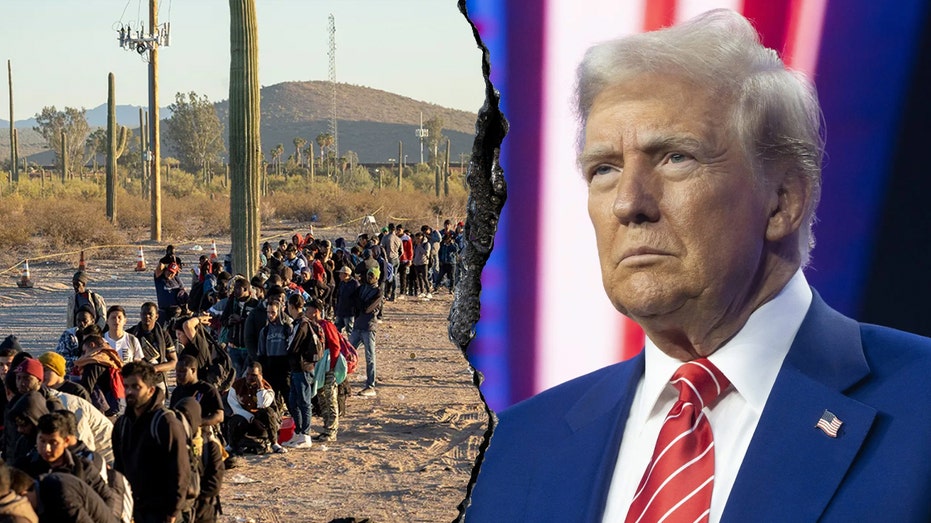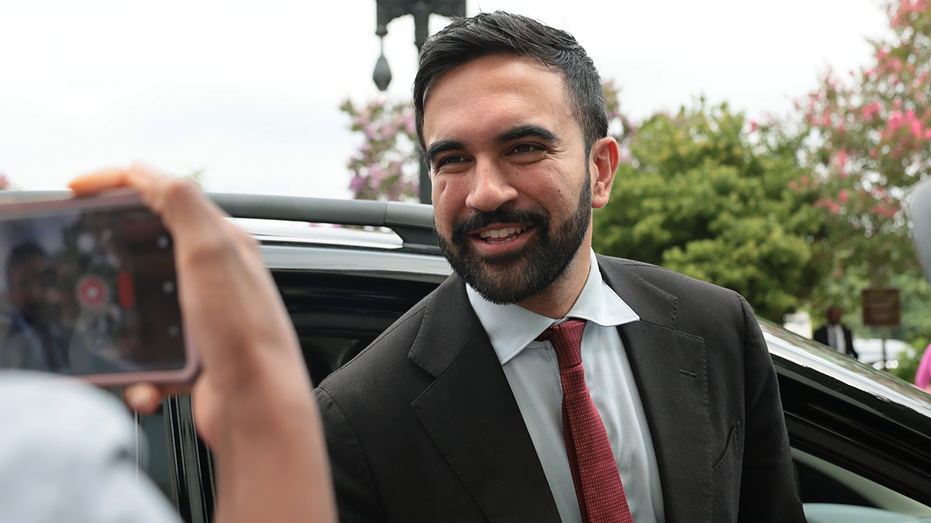Trump Administration Faces Fire Over 'Due Process' in Migrant Deportations

Sarah Johnson
April 26, 2025
Brief
Lawyers accuse the Trump administration of violating due process for Venezuelan migrants, arguing before the Supreme Court that deportation notices lack fairness and adequate notification.
The legal battle over migrant deportations has hit another boiling point, with lawyers accusing the Trump administration of skipping out on 'due process' for Venezuelan men facing removal from the U.S.
On Monday, attorneys representing these migrants brought their case before the Supreme Court, arguing that the administration is sidestepping the Court’s recent order by failing to give proper notification—an alleged violation of constitutional rights.
The controversy centers on an April 7 Supreme Court ruling, which gave the green light for deportations under the centuries-old Alien Enemies Act (yes, that one from 1798), as long as detainees got fair notice. But 'fair' is the million-dollar word here.
The justices spelled out that notice must be delivered after the Court’s order, in a way that actually lets detainees fight their case before getting shipped out. No secret handshakes or vanishing ink—just an honest chance to go to court.
Due process, as the Constitution spells out, is supposed to guarantee fairness—notice, a chance to be heard, and a neutral judge. The Supreme Court even dusted off its 1993 Reno v. Flores opinion to underline that yes, even non-citizens get due process in these situations.
But here’s where things get heated. The lawyers claim the government handed out English-only notices to Spanish-speaking detainees, with little to no information about how to challenge their removal, and zero timeline for doing so. According to the filing, some people were given as little as 12 hours to contest their deportation—barely time to Google 'how to find a lawyer,' let alone mount a legal defense.
ACLU attorney Lee Gelernt called it out, saying the government 'cannot plausibly claim that 12 hours is sufficient notice,' and suggested that the lack of transparency might be no accident.
Meanwhile, legal experts like former state attorney Dave Aronberg say the Supreme Court is intentionally vague, leaving lower courts to figure out what 'proper notice' actually means. Chief Justice John Roberts, apparently trying to keep everyone civil (and the government out of a constitutional crisis), has kept his language as broad as a New York pizza menu.
Lora Ries, director at the Heritage Foundation, predicts these cases will ricochet through the courts for a while yet. She points out that immigration proceedings are civil matters—meaning, no right to a public defender. If you want a lawyer, you’re footing the bill yourself.
With lower courts now juggling different standards—some might demand written notices in the deportee’s native language, while others could settle for less—the expectation is that the Supreme Court will have to step back in and finally spell out what 'due process' really looks like for these migrants.
One thing's for sure: the legal wrangling is far from over, and the meaning of 'fair notice' could end up stretching the patience of everyone involved—migrants, lawyers, and, let's be honest, the justices themselves.
Topics
Editor's Comments
So, we’ve apparently reached the point where the fate of migrants hinges on whether they can read a government form faster than most of us can finish a coffee. If the Supreme Court wanted to keep things ambiguous, mission accomplished—some of these notices sound harder to interpret than a New York City parking sign. Maybe next round, they can try emojis.
Like this article? Share it with your friends!
If you find this article interesting, feel free to share it with your friends!
Thank you for your support! Sharing is the greatest encouragement for us.


